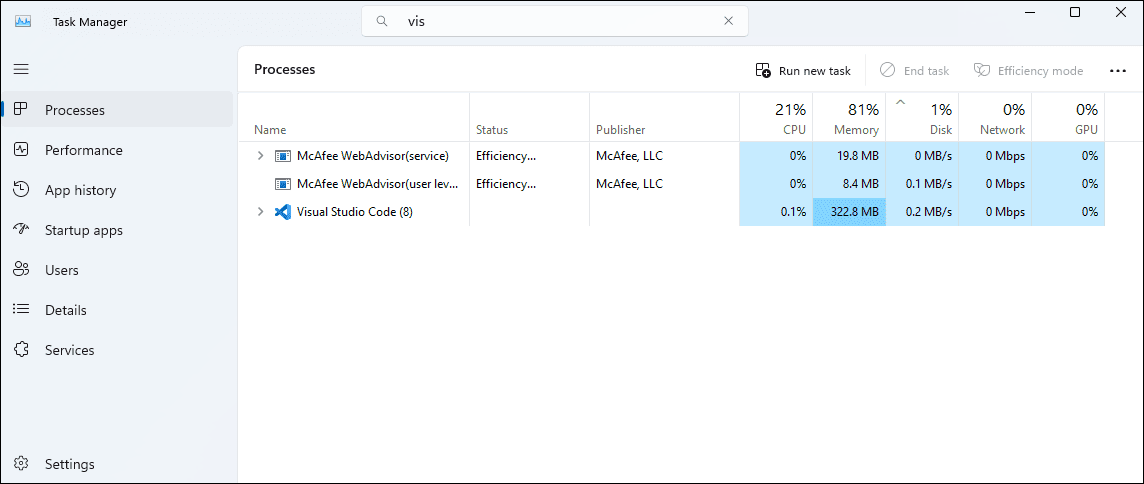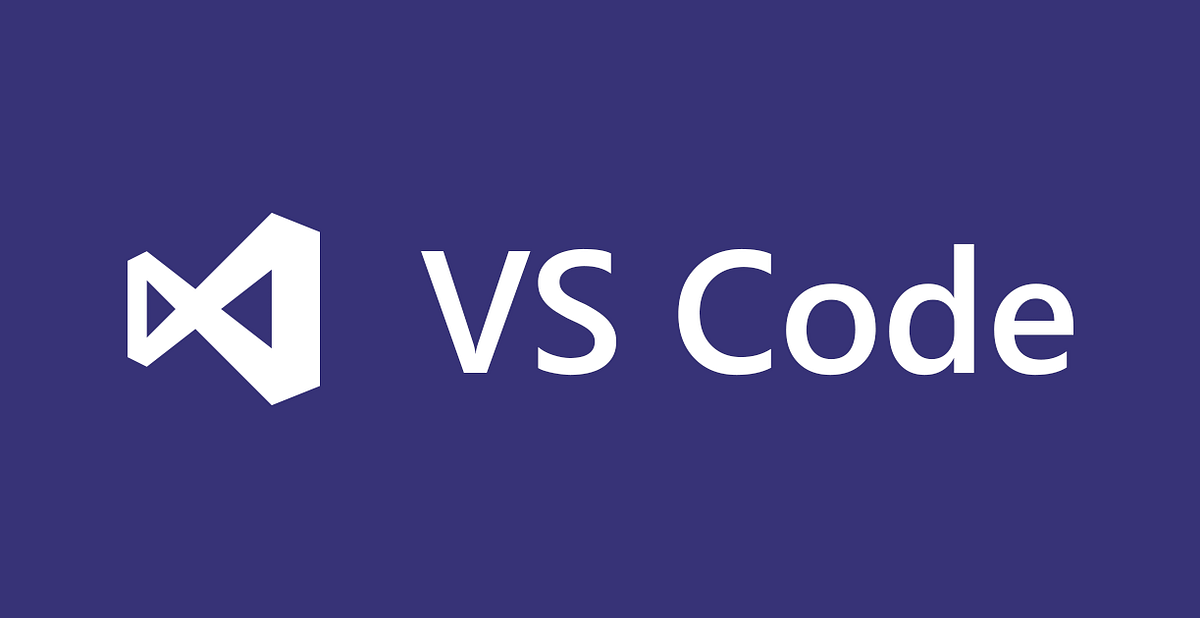1. Key Similarities and Differences
| Text Editor | Key Elements |
|---|---|
| Visual Studio Code | User Interface: Modern, intuitive, side panels, command palette, integrated terminal Performance: High resource usage but responsive Features: Feature-rich, IntelliSense, Git integration, debugging, live share Integration: Built-in Git integration, supports other version controls Collaboration: Real-time collaboration (Live Share), project sharing Customization: Extensive customization, large extension marketplace |
| Notepad++ | User Interface: Simplistic, tabbed interface, customizable menu Performance: Low resource usage Features: Basic features, syntax highlighting, auto-completion Integration: No built-in Git integration Collaboration: No collaboration features Customization: Limited customization options |
| Sublime Text | User Interface: Minimalist, distraction-free, command palette, split panes Performance: Low resource usage Features: Feature-rich, syntax highlighting, auto-completion Integration: Basic Git integration Collaboration: Limited collaboration features Customization: Good customization options, package manager |
| Atom | User Interface: Highly customizable, tree view, drag-and-drop Performance: Medium resource usage, occasional lag Features: Feature-rich, similar to Visual Studio Code Integration: Built-in Git integration, supports other version controls Collaboration: Basic collaboration features (Teletype) Customization: Highly customizable, extensive scripting, large package ecosystem |
2. User Interface and Usability
All four text editors have user interfaces that are truly upgrades to Notepad’s bland UI. They have many similar UI features, such as:
- Tabbed interface
- Integrated search and replace
- Multi-cursor and selection
However, they implement these similarities differently and are unique in a few ways.
Visual Studio Code
Visual Studio Code seems to be the most modern and intuitive design. It has side panels that are lacking in Notepad, a command palette, and an integrated terminal that will streamline your workflow. You can personalize your UI with themes and get built-in Git support for version control within the interface.
Notepad++
Notepad++ has a simplistic interface. While you will notice the color coding or syntax highlighting across multiple languages, it still looks the most similar to Notepad. However, you have added tabs and enhanced toolbar features. You may customize the menu to hold frequently used features for quick accessibility.
Sublime Text
Sublime Text will fit if you need a minimalist, distraction-free Notepad upgrade that maximizes your screen space. The command palette contains your most used features, and its split panes allow you to view and edit multiple files simultaneously.
Atom
Of all the UI options, Atom is the most customizable. You can almost modify all UI elements using HTML, CSS, and JavaScript. You can further personalize the editor using its Package Manager to simplify theme and extension installation. You also get a tree view for organized interaction with the file system and drag-and-drop options for exploring files and folders.
3. Performance
We have run all these text editors on a Windows 11 computer with 16GB of RAM and 256 SSD Storage to test performance.
All editors had negligible impact on the CPU. However, Visual Studio Code used the most memory, 322MB. Atom used 289MB. Notepad++ and Sublime Text used the least CPU, 32MB and 20MB, respectively.

We also noticed that even though Visual Studio Code consumes more resources, it remains responsive and offers smooth performance with several extensions and large files open. This was consistent for all the editors except for Atom, who may sometimes lag.
4. Features and Functionality
These four text editors we explored had many similar features, including:
- Syntax highlighting
- Auto-completion
- Customization
- Extensions and plugins
- Multi-language support
That said, they all implement some unique features.
Visual Studio Code, however, seems to be the most feature-rich. It has IntelliSense, integrated Git support, debugging tools, and an embedded terminal. You also get a live share feature that enables real-time collaboration. Atom closely follows it.
While Notepad++ and Sublime Text are feature-rich, they do not boast as many features, and in this respect, they are the most similar to Notepad in terms of versatility.
5. Integration and Collaboration
Integration
Visual Studio Code has built-in Git integration, so committing, pushing, pulling, and resolving conflicts is easy. On Atom, you also get comprehensive Git integration via built-in packages. You may use extensions to support other version controls on both.
Sublime Text also offers Git integration, but it is basic, and Notepad++ lacks built-in version control integration.
Collaboration
Notepad++ is made for a single user and lacks an extensive collaboration mechanism. You will have to export and share files manually. This is the same for Sublime Text, which also focuses on individual productivity.
While Atom has collaboration features, they are basic at best. For real-time editing and shared workspaces, you may use packages like Teletype.
Of the lot, Visual Studio Code has the most robust collaboration features. It offers real-time collaboration through extensions like Live Share, allowing several users to edit the same codebase simultaneously.
6. Customization
As we have explored above, Atom is the most customizable of the lot. Natively, it lets you use advanced scripts to customize. However, Visual Studio Code and Sublime Text also allow customization via scripts to varying degrees. Notepad++ has the least support for user scripts and automation.
Visual Studio Code and Sublime Text, both have a large extension marketplace for customization. However, Notepad++ provides the fewest themes and plugins. You may do some interface customization, but it is limited.
Disclaimer: Some pages on this site may include an affiliate link. This does not effect our editorial in any way.











